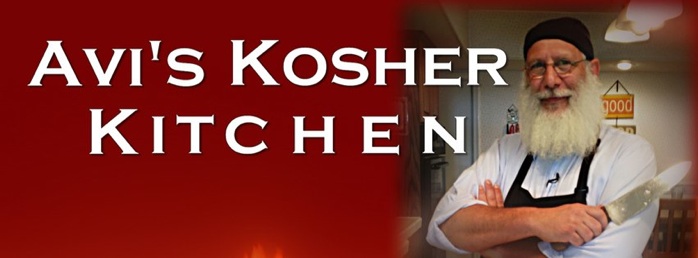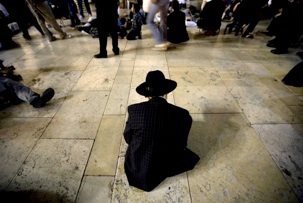Why We Fast - Tisha B’Av


You can also find many articles on all of the various restrictions that are also associated with the day. No leather shoes, no bathing etc. All of these reasons and information are valid and help to answer a part of the question, but to me there’s a much bigger picture in all of this.
Let’s start by relating that there are actually six fast days in the Jewish calendar. Tisha B’Av, of course Yom Kipper, then there’s the 17th of Tammuz, The Fast of Esther, Gialia (the day after Rosh HaShana) and finally the 10th of Tevet. Only Tisha B’Av and Yom Kipper are full 24-hour fasts. The others are essentially from sunrise to sunset.
But still I ask why do we fast? When my father passed away around 18 and a half years ago, I wasn’t religiously observant. I was your average Jewish guy. I knew a few things, went to Hebrew school as a kid and now suddenly felt lost. My father was a strong man. He was a rock. He always seemed to know the right ting to do. And now, he was gone. I felt alone.
What do I do? How can I help him, what role can I play as his soul journeys from this plane of existence to the next? I slowly started to go back to Shul, just to say kaddish for him. There’s a point at the end of all of our daily prayer services where the mourners say the kaddish prayer together and the non-mourners answer amen.
When I went back to Shul and started to say it, I met a guy who I ended up becoming close friends with. Kaddish brought us together. It didn’t matter that he was born in Cuba and I was born in the US. It didn’t matter that Spanish was his first language and English mine. It didn’t matter if I was non-observant and that he was fully observant. What mattered was that we shared the same pain; me for my father and Henry for his mother.
That’s what a fast is. It’s our way of uniting together from all over the world, from across the spectrum of language, culture, and observance to share our common pain. To share our acute hurts and to say to each other you’re not alone. I too am in pain. I may not understand how, I may not understand why, I may not know you or even agree with your level of religious observance . . . but I know that you too are a Jew. You too are in pain, the same pain as I feel, you feel. And that unites us.
Just as a parent wants to see their children standing together with respect and love for each other, so too does HaShem, our G0d in heaven. The unity of fasting, of denying ourselves the very basic needs of our physicality, is what unites us as one spiritually from every corner of the universe. And that is the reason we fast.

